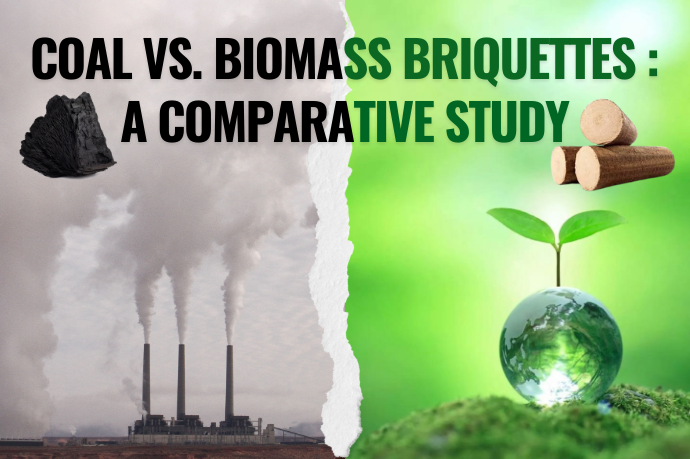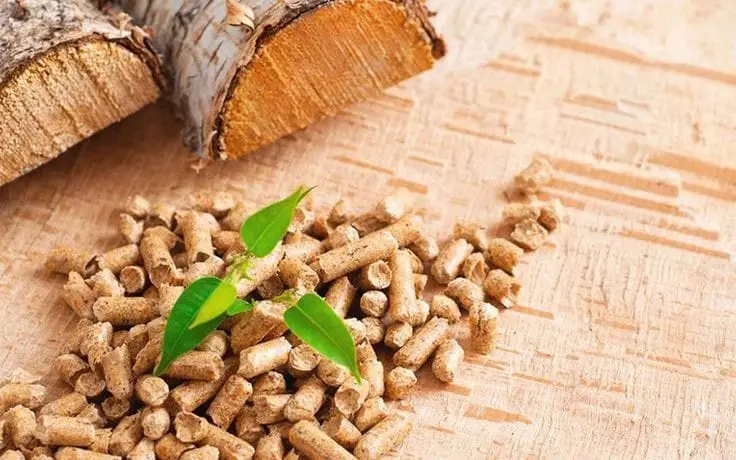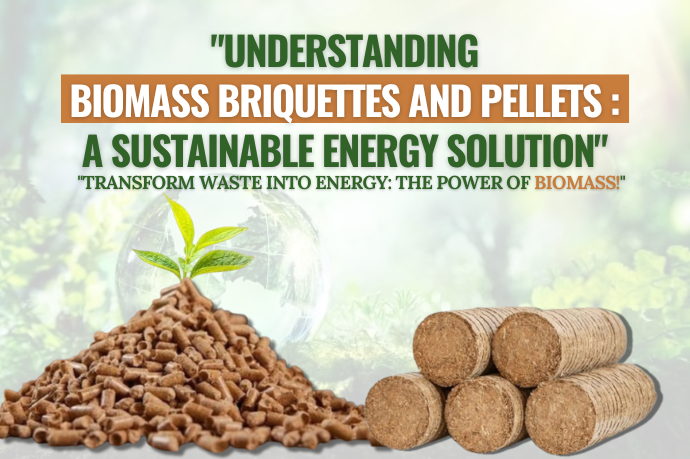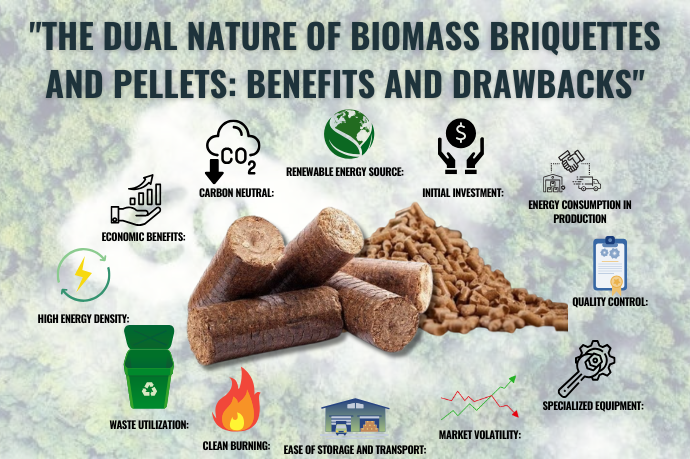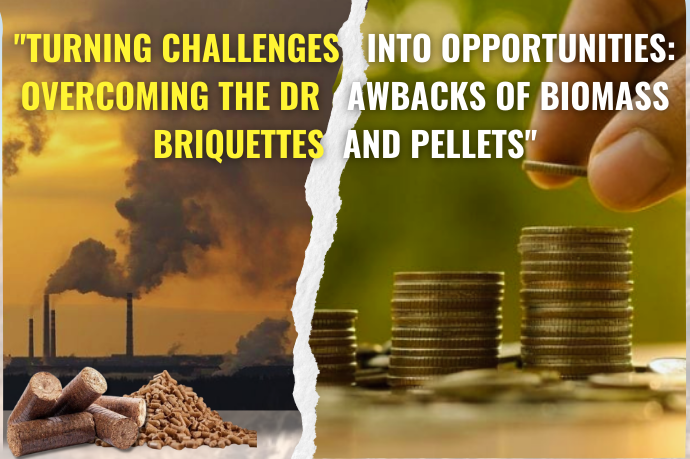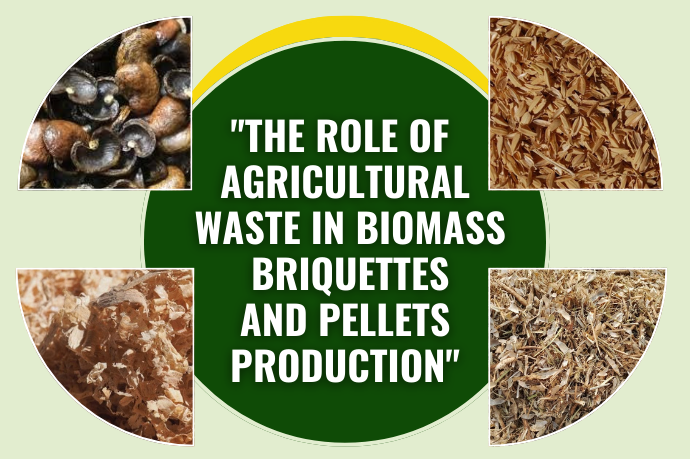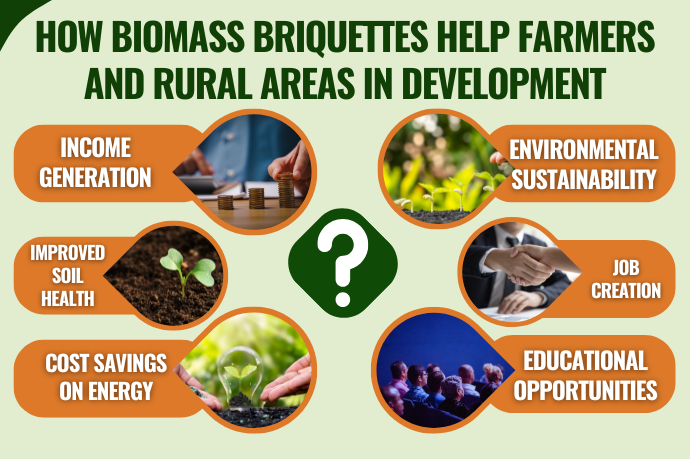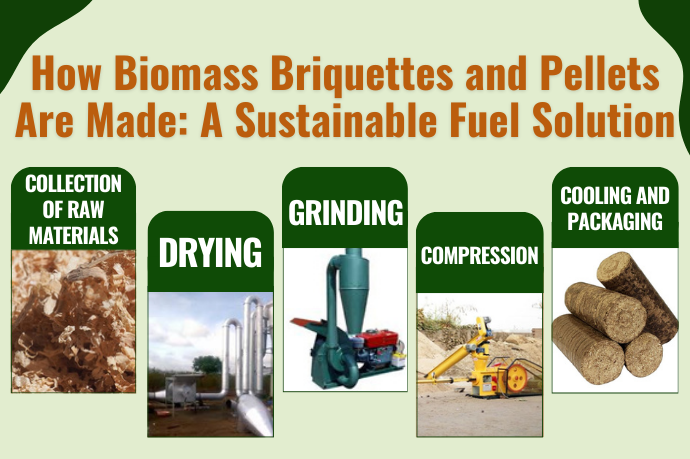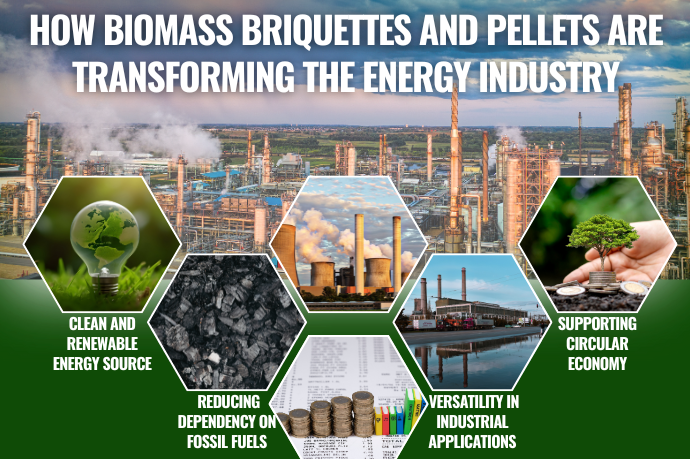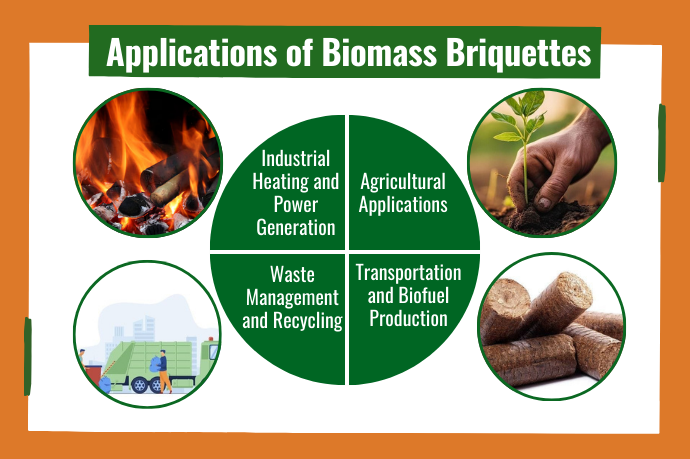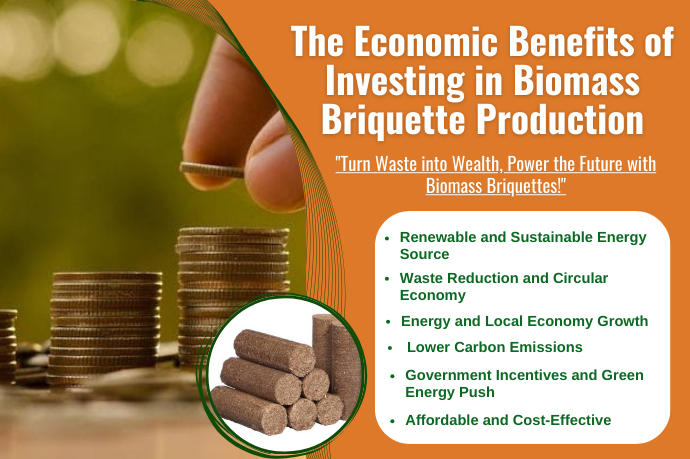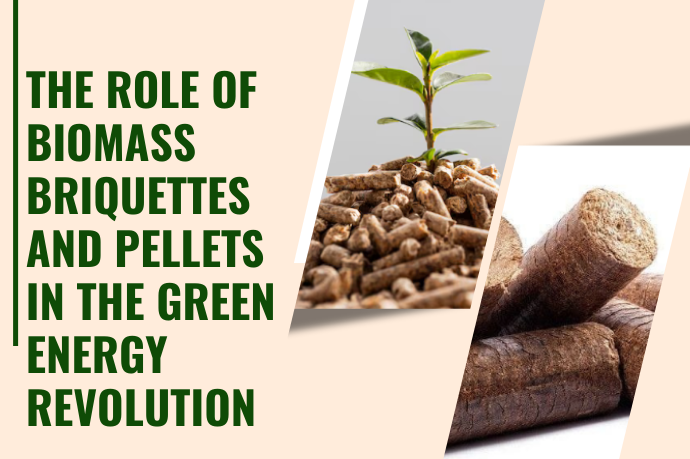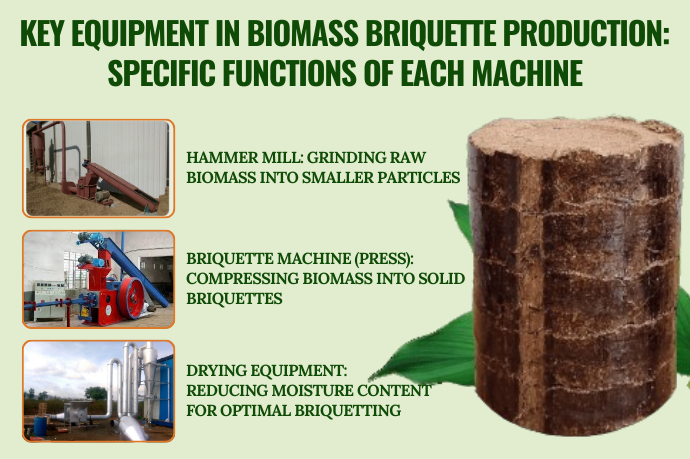As the world seeks cleaner energy sources, biomass briquettes and coal are often compared. Both serve as fuel for heating, cooking, and industrial applications, but their environmental impact, cost-effectiveness, and energy efficiency differ significantly.
1. Environmental Impact: A Cleaner Alternative
- Coal: Coal is a major contributor to air pollution, global warming, and environmental degradation. When burned, it releases harmful emissions like carbon dioxide (CO2), sulfur dioxide (SO2), and nitrogen oxides (NOx), contributing to climate change and health issues.
- Biomass Briquettes: Made from organic waste like agricultural residues and wood chips, biomass briquettes are carbon-neutral. They release CO2, but this is balanced by the carbon absorbed during plant growth. Briquettes emit fewer pollutants, making them a far cleaner option than coal.
2. Cost-Effectiveness: Long-Term Savings
- Coal: Coal is generally cheaper in regions where it's abundant, but its price can fluctuate. Additionally, health costs and climate-related damages are often not included in its price.
- Biomass Briquettes: While biomass briquettes may be more expensive initially, they are made from locally sourced organic waste, reducing transportation costs. Over time, biomass becomes more cost-effective, especially with rising carbon taxes on coal and other fossil fuels.
Biomass briquettes may have a higher upfront cost, but they offer more stable pricing and long-term savings.
3. Energy Efficiency: Performance Comparison
- Coal: Coal is energy-dense and produces a large amount of heat, making it suitable for industries that need high temperatures. However, coal’s combustion is inefficient, with much of the energy lost as heat.
- Biomass Briquettes: While biomass briquettes have a lower energy density, they burn more efficiently, with less waste and ash. Their combustion is more stable, and they are ideal for smaller-scale heating and industrial processes.
In terms of energy efficiency, biomass briquettes offer better overall performance for sustainable energy use.
Conclusion: Moving Toward Sustainability
Coal has long been a reliable energy source, but its environmental costs and unsustainable nature make it an unsuitable option for the future. In contrast, biomass briquettes provide a cleaner, renewable, and more sustainable alternative. While coal may still be necessary for large-scale energy needs, biomass briquettes are ideal for industries, and rural energy solutions.
By embracing biomass, we can reduce our reliance on fossil fuels and work toward a greener, more sustainable future.

